Teaching and Learning for Equality
Good practice for gender in education
Advancing gender equality to, in and through education
Our mission is all about ensuring equality of access, experience and opportunities for girls and boys at all levels of education and in all learning spaces to help drive equal outcomes, in education and in life. Even where there is gender parity in education access, gender equality can remain elusive. Millions of girls around the world are in school but not learning or dropping out before completion. The UNGEI partnership is committed to supporting girls to learn, achieve and become agents of their own lives.
Join our community
Good practice in girls’ education and gender equality
In 2014, UNGEI launched the Good Practice Fund to help document and facilitate the exchange of knowledge within and between countries and regions. 17 organizations and local governments across 14 countries in sub-Saharan Africa and South Asia were selected to produce case studies on a range of interventions proven to increase educational opportunities for marginalised girls and promote gender equality in education. Read the full synthesis report and explore the case studies by category below.
The Good Practice Fund case studies document interventions which can broadly be divided into three categories:
Inclusive quality education can play a critical role in promoting girls’ empowerment, inherent agency and leadership. Programmes in this category help girls gain the knowledge, skills and competencies that can support transformative change in their lives.
Gender-responsive pedagogy can help students learn more effectively, feel confident in class and thus improve education outcomes. Programmes in this area often help build teachers’ gender awareness, skills and competencies through training.
Gender-sensitive learning environments can help girls stay in school and succeed. Programmes in this category often include support for school management to help them respond effectively to the unique and context-specific needs of girls and boys .
Life and leadership skills
Gender-responsive teaching and learning
Gender-sensitive learning environments
Learn more about school environments
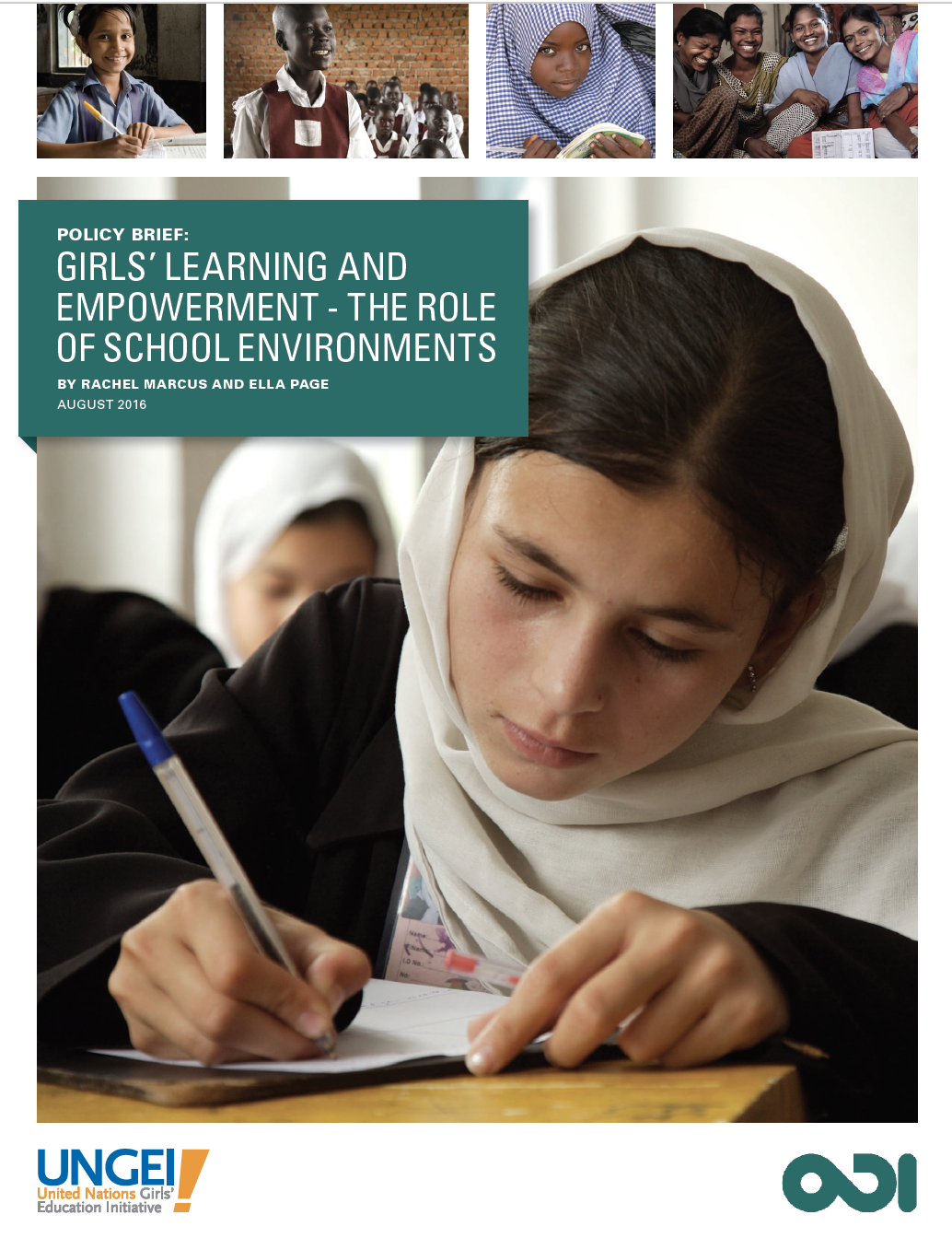
Girls’ learning and empowerment - the role of school environments
Drawing from 150 studies, this review shares key findings on the kinds of school environments and pedagogical approaches proven to be effective in promoting girls’ learning. It also explores how school-based learning can contribute to girls’ and women’s empowerment and assesses the implications of this for education policy and practice.
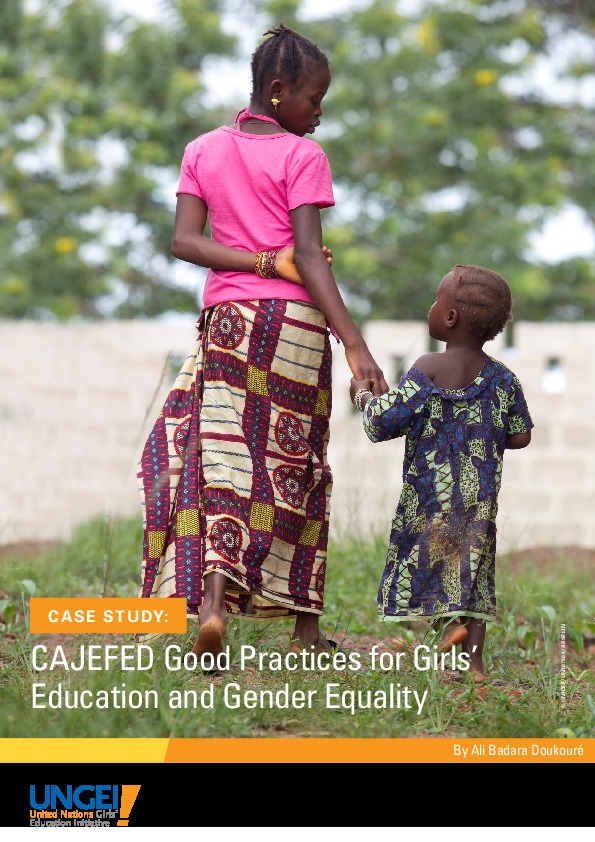
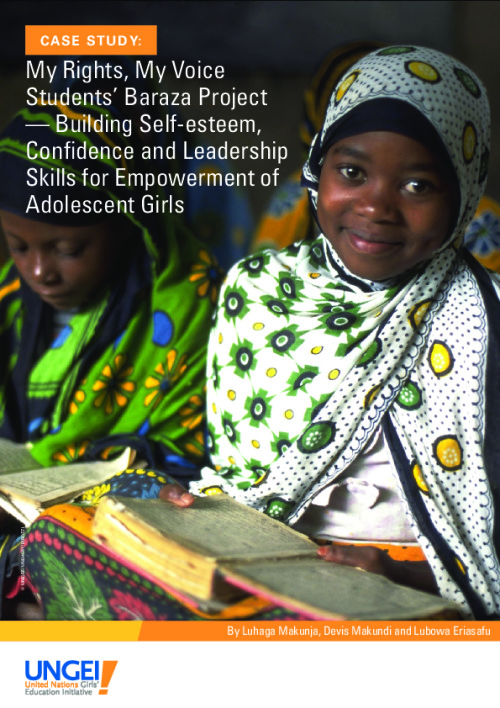
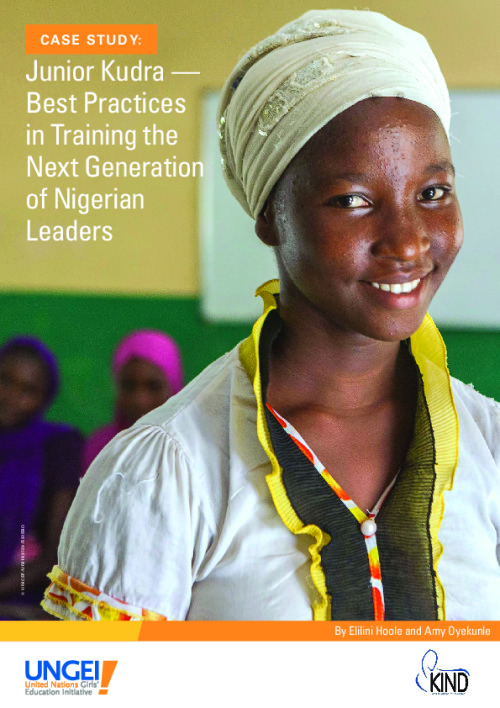
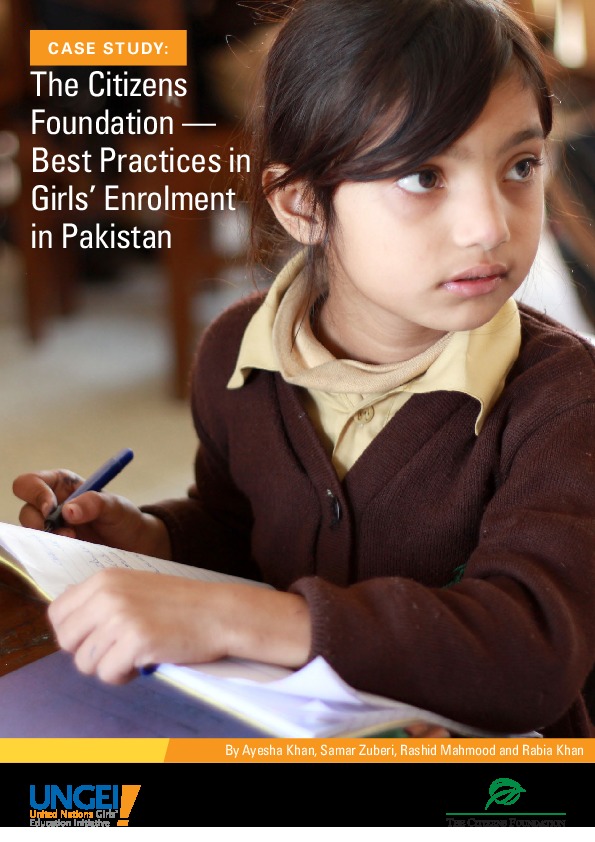
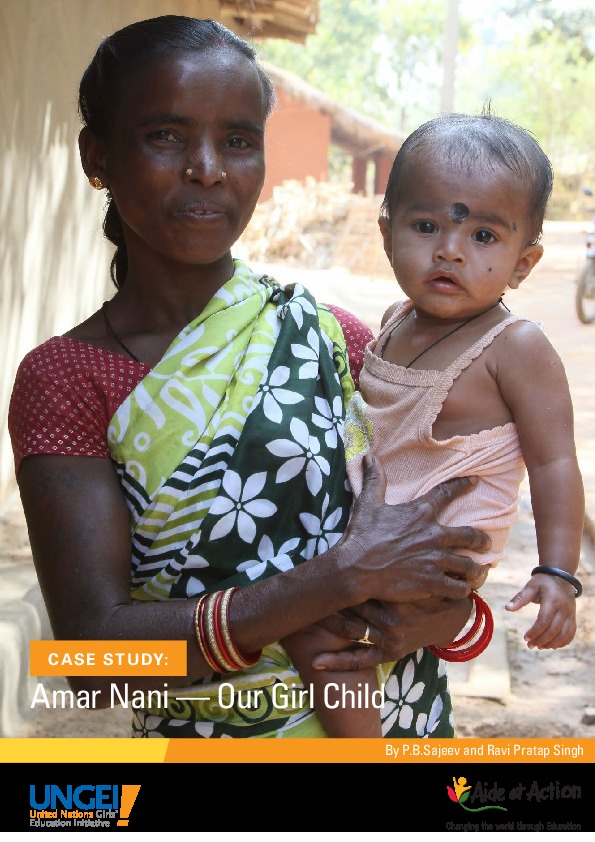
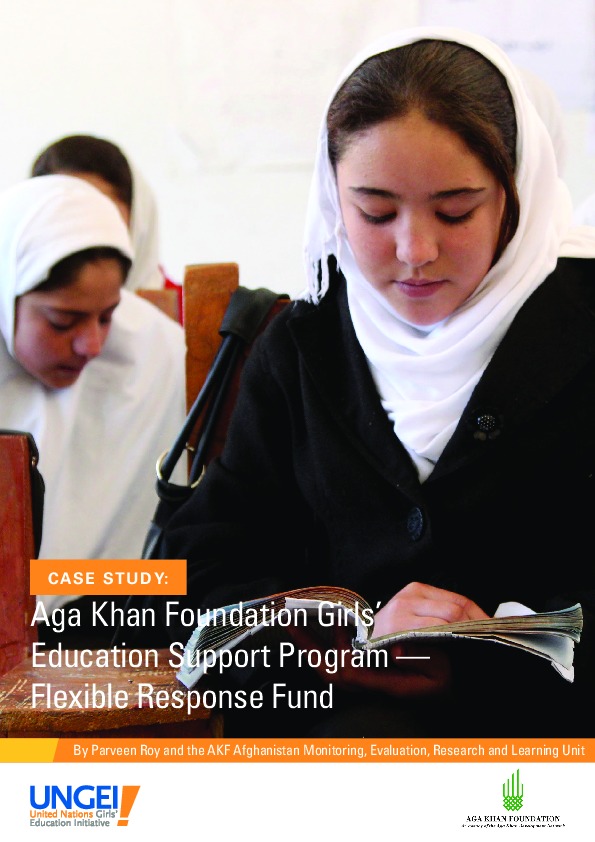
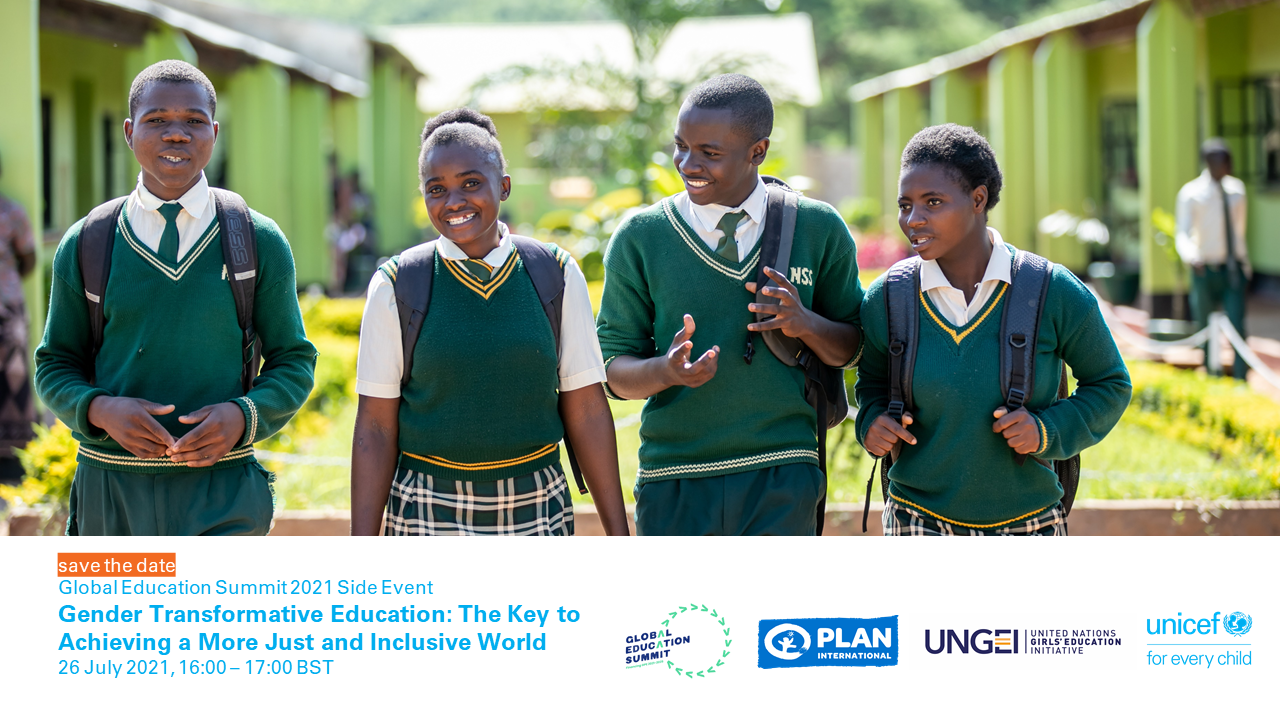
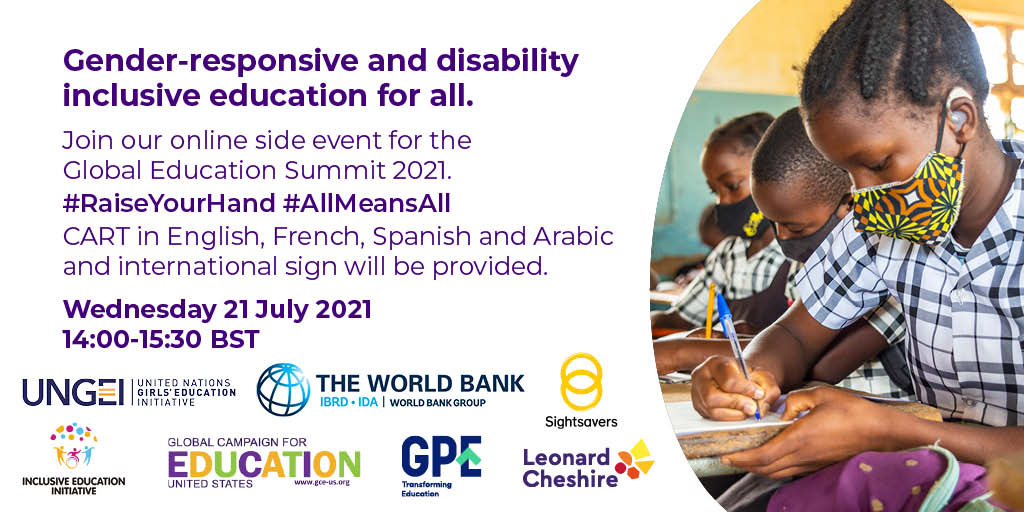

 English
English العربية
العربية Български
Български Hrvatski
Hrvatski Čeština
Čeština Dansk
Dansk Nederlands
Nederlands Suomi
Suomi Français
Français Deutsch
Deutsch Ελληνικά
Ελληνικά हिन्दी
हिन्दी Italiano
Italiano Română
Română Русский
Русский Español
Español Maltese
Maltese Zulu
Zulu አማርኛ
አማርኛ